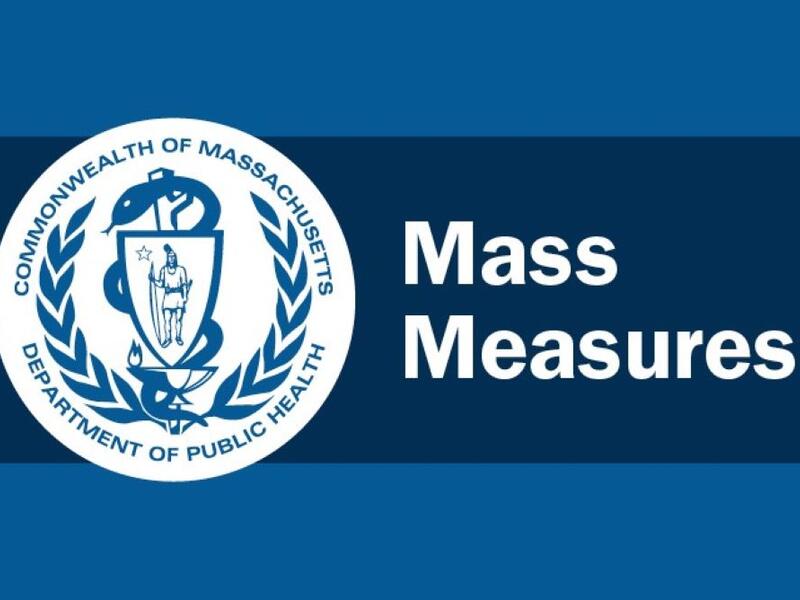What is biomonitoring?
Biomonitoring is the measurement of chemicals in a person’s body, usually by testing blood or urine. Environmental chemicals are in the air, water, food, soil, dust, and some products we buy. We are exposed to environmental chemicals every day. It is not possible to avoid environmental chemicals completely.
Many people are familiar with one type of routine biomonitoring: testing blood for lead in young children. Sometimes, public health agencies like DPH conduct special biomonitoring studies. Those studies involve five steps:
- With permission, we take small samples of blood and urine from people in the community.
- We analyze the samples at the State Public Health Laboratory.
- We share individual results with participants (completely confidential), with information about what the results mean and how to reduce possible exposures to environmental chemicals.
- We analyze all results to learn about overall exposures to individual communities and across the state.
- We share overall results and determine if measures are needed to protect the public’s health.

